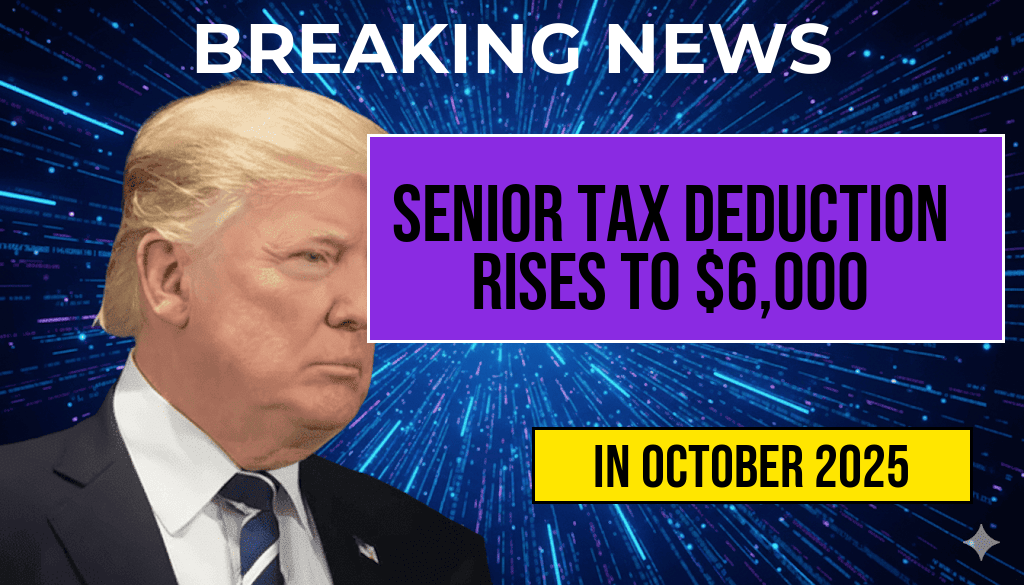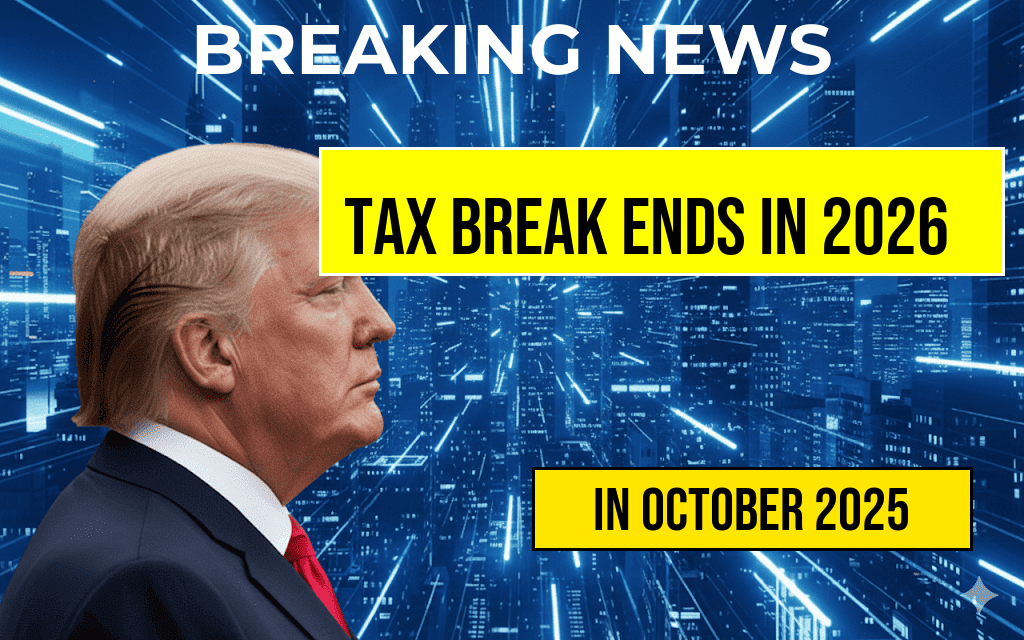The recent revision of the federal estate tax exclusion amount to $13,990,000 for 2023 marks a significant shift in estate planning strategies, offering substantial benefits to high-net-worth individuals and their heirs. This adjustment, part of ongoing legislative efforts to address estate taxation, effectively doubles the previous exemption levels, allowing more families to pass on wealth without incurring federal estate taxes. For many, this change translates into increased financial security and flexibility, reducing the tax burden on inheritances valued below the new threshold. Experts suggest that this increase not only provides immediate tax relief but also influences long-term estate planning decisions, including the structuring of trusts and gifting strategies. As the exemption amount continues to evolve, understanding its implications becomes crucial for individuals seeking to optimize wealth transfer while minimizing tax liabilities.
Understanding the Estate Exclusion and Its Impact
The estate exclusion, often called the federal estate tax exemption, determines the maximum estate value that can pass tax-free to heirs. As of 2023, the exemption is set at $13,990,000 per individual, a notable rise from previous years. This figure is adjusted annually for inflation, reflecting economic changes and legislative updates. When an estate’s total value exceeds this threshold, the excess is subject to federal estate taxes, which can reach rates of up to 40%. The substantial increase in the exemption amount means fewer estates will be taxed, easing the planning burden for wealthy families and reducing the likelihood of estate erosion due to taxes.
Legislative Background and Recent Changes
The substantial boost in the estate exclusion stems from the Inflation Reduction Act signed into law in August 2022, which temporarily increased the exemption levels through 2025. Prior to this, the exemption was set at $12.06 million for 2022, with annual adjustments for inflation. The new threshold for 2023 reflects a deliberate effort by policymakers to provide relief amid rising property values and inflationary pressures. This legislative move aligns with broader goals to simplify estate planning and foster economic stability for high-net-worth families.
Implications for Estate Planning Strategies
The increase in the exemption amount influences multiple facets of estate planning:
- Enhanced Gifting Opportunities: Families can now transfer larger sums during their lifetime without incurring gift taxes, which are unified with estate taxes.
- Trust Planning: The higher exemption allows for more flexible use of irrevocable trusts, helping preserve wealth across generations while minimizing tax exposure.
- Asset Valuation and Valuation Discounts: The new threshold prompts reevaluation of estate compositions, encouraging strategic asset placements and valuation discounts where applicable.
Potential Challenges and Considerations
While the expanded exemption provides clear benefits, it also introduces complexities. For one, the temporary nature of the increase means families must stay attentive to future legislative changes that could revert or modify the exemption levels. Additionally, high-value estates exceeding the exclusion still face significant tax liabilities, prompting continued reliance on estate planning vehicles like charitable trusts and lifetime gifting. Moreover, states with their own estate or inheritance taxes may impose additional considerations, often with different exemption thresholds and rates.
State-Level Variations and Additional Taxation
| State | Estate Tax Threshold | Inheritance Tax Rates |
|---|---|---|
| New York | $6.11 million | Varies by relationship; up to 16% |
| Massachusetts | $1 million | Up to 16% |
| Maryland | $5 million | Up to 10% |
For residents of states with estate or inheritance taxes, the federal exemption increase may be offset by state-level levies, complicating overall tax planning. Families should consult with estate attorneys and tax professionals to craft comprehensive strategies that account for both federal and state considerations.
Looking Ahead: The Future of Estate Tax Policy
Legislators continue debating the permanency of the increased exemption levels. Some advocates argue for making the higher thresholds permanent to provide consistent planning parameters, while others push for reductions or adjustments tied to fiscal policy goals. The congressional landscape suggests that estate tax policies will remain a dynamic area, requiring ongoing monitoring by estate planners and high-net-worth individuals alike. The current exemption level of $13,990,000 represents a pivotal point that can significantly influence wealth transfer practices for years to come.
For more information on estate planning strategies and legislative updates, resources such as Wikipedia’s estate tax overview and Forbes’ wealth management insights can provide valuable context and expert analysis.
Frequently Asked Questions
What is the new estate exclusion amount?
The new estate exclusion amount has been **rewritten to $13,990,000**, allowing for a significantly higher threshold before estate taxes apply.
How does the increased estate exclusion benefit heirs?
The increased **exclusion amount** provides **substantial tax benefits** by allowing heirs to inherit estates valued up to $13,990,000 without incurring federal estate taxes.
Who is eligible for the estate exclusion benefit?
**Eligible individuals** include those who are **passing on estate assets** within the new exclusion limit, primarily benefiting high-net-worth **estate owners and their heirs**.
Are there any changes to estate tax planning strategies due to this update?
Yes, the **rewritten exclusion amount** may influence estate tax planning, encouraging more individuals to utilize strategies like **trusts** and **gifting** to maximize benefits before potential future changes.
When does the new estate exclusion amount take effect?
The **$13,990,000 exclusion** is effective immediately, impacting **estate planning** and **inheritance** arrangements for estates opened from the date of the update onward.







